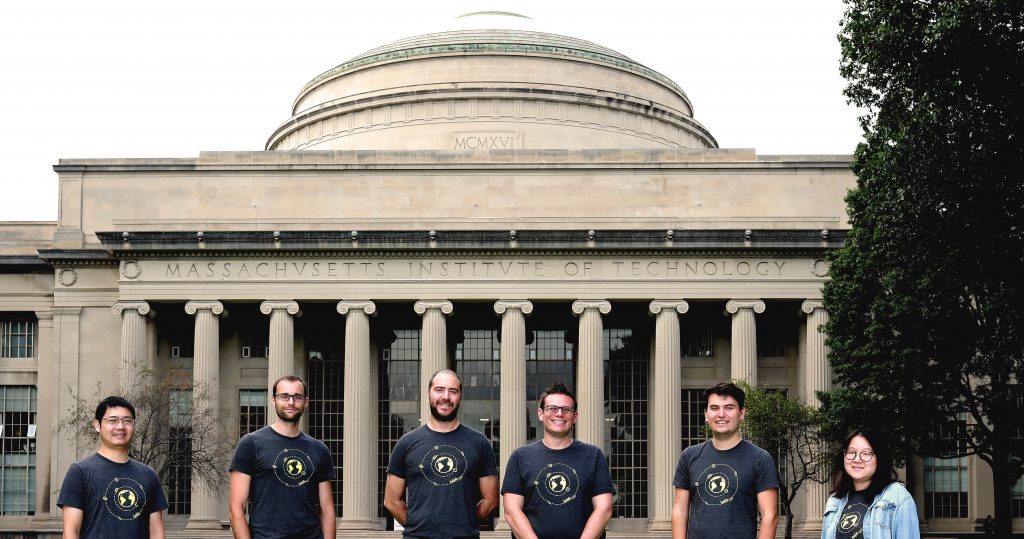
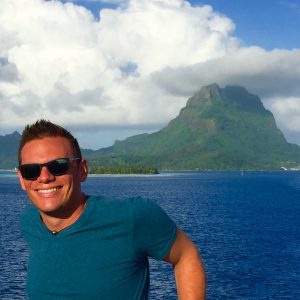
Andrew Babbin [Associate Professor]
Andrew started an appointment as a professor in MIT’s Department of Earth, Atmospheric, and Planetary Sciences in January 2017. Exciting things have been happening as the lab has grown ever since!
Andrew began his academic career at High Technology High School, where he was first exposed to the scientific process of hypothesis-making and statistical testing, and pretty much never looked back. He then pursued a Bachelor of Science at Columbia University in Earth & Environmental Engineering and Applied Math before moving on to his doctoral studies at Princeton University in the Geosciences department. At Princeton, and specifically in Bess Ward’s lab, he investigated all aspects of the nitrogen cycle – from nitrogen fixation to phytoplankton uptake to nitrification to denitrification (it is this last aspect in which he specialized). Using a combination of isotopic-labelling techniques and molecular biology, he was able to determine a number of chemical controls on the microbial processes that in turn control marine chemistry. As a Postdoctoral Research Fellow, he then began to envision how one could combine nitrogen biogeochemistry with microfluidic techniques to examine directly the chemical controls on marine nitrogen cycling. This work, funded by the National Science Foundation, was greatly enabled by Roman Stocker‘s lab at MIT (which has since traversed across the ocean to ETH Zürich).
His favorite pastimes are traveling (especially with his partner) to exotic destinations across the world to sample local cuisines, playing competitive softball in Boston and in tournaments around the country, rolling out pounds and pounds of fresh pasta, and sassing his group to no end.
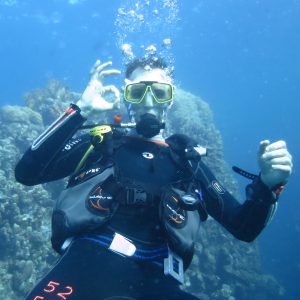
Benedict Borer [Senior Postdoctoral Associate]
Benedict (Ben) Borer joined the bablab during summer 2020, embarking on the joyous adventure of migrating across the Atlantic during a pandemic (life skills!). He gradually narrowed his focus of academic interest starting out at a High School for natural sciences and a BSc in Environmental Sciences from ETH Zurich. Following an MSc in Hydrology, Ben obtained a PhD from ETH within the Soil and Terrestrial Environmental Physics group of Dani Or. Using a holistic approach of mathematical models, laboratory experiments and limited field data, he studied bacterial life (with an emphasis on heterogeneous and dynamic nutrient landscapes) from a single-cell view in porous networks such as soil. Within the bablab, his main interest lies in understanding and quantifying the bio(geo)chemistry associated with microbial life on individual marine sinking particles (marine snow) and integration across the water column.
When not furiously typing on the laptop, Ben enjoys all things active from flying small aircraft, climbing, running, swimming to diving. And after that: tasty food, good company and a captivating conversation – happy times!
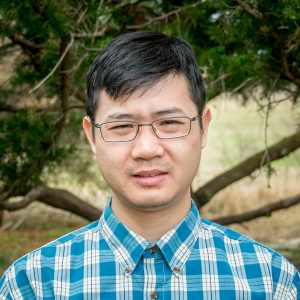
Rui Zhao [Postdoctoral Associate]
Rui Zhao is a self-described microbiologist and biogeochemist. He joined the bablab as a Molina Postdoctoral Fellow in August 2021. Driven by his long-term interests in the nitrogen cycle in the marine realm, he performed his Ph.D. project about microbial nitrogen cycling in the marine deep biosphere at the Centre for Deep Sea Research at the University of Bergen, Norway. He proceeded to work as a postdoctoral researcher in the lab of Prof. Jennifer Biddle at the University of Delaware. There he applied metagenome and metatranscriptome sequencing approaches to decipher the metabolic functions and interspecies interactions of the mostly-uncultured microbes in marine sediments. Within the bablab, his major research focus will be using lab enrichments (and hopefully isolates) to validate genomic predictions of several novel microbes and assess their contributions to the nitrogen loss in the marine ecosystem.
During his spare time, he likes playing with his two daughters, watching movies, hiking, and playing basketball.
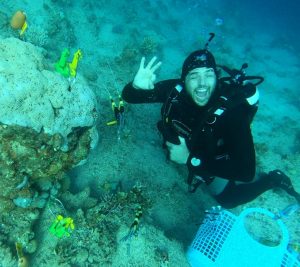
Yuval Jacobi [Postdoctoral Associate]
Yuval Jacobi joined the bablab in September 2023. His journey into marine sciences started at 2014 when graduated a BSc program in marine biotechnology at the Ruppin Academic Center in Israel. Yuval then earned an MSc from the Tel-Aviv University and a PhD from the Technion in Israel. His studies revolved around marine filter-feeding and the role physicochemical surface interactions play in particle capture by marine invertebrates. This passion and interest in the realm of marine particles led him to the bablab where he tries to understand the metabolic succession within sinking marine snow aggregates and how different abiotic factors such as light, temperature, and nutrient concentration influence the metabolisms within these micro-ecological niches. Yuval likes spending time with his wife and six year-old son, SCUBA and free diving, and baking and eating bread. The rest of the lab also enjoys eating bread and other microbial products.
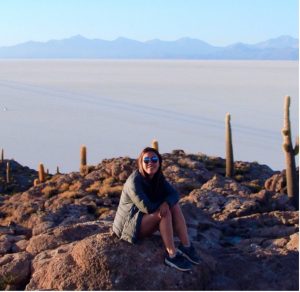
An Tran [Postdoctoral Associate]
An joined the bablab in October of 2023. After dabbling in all possible subjects at university (psychology, statistics, gender studies, art history), she decided to pursue a Bachelor of Marine Biology with Honours in Environmental Science at the University of Technology Sydney. It was a field trip to the Great Barrier Reef that sparked her love for all things algae.
She left sunny Sydney to complete a PhD at the University of Cambridge, UK under the supervision of Prof. Alison Smith. During this time, she investigated the potential of microalgae in biotechnology. Her main focus was to improve genetically engineered strains of microalgae for the production of high value compounds. This work involved cultivating microalgae anywhere from 10 mL to 150 L in both laboratory and outdoor settings, with a focus on manipulating environmental parameters as well as extensive co-culturing with bacteria.
Moving from Cambridge, UK to Cambridge, MA (confusing!) to join the bablab, she will be able to apply her knowledge of microalgae biology to environmental settings. Her main interest is in what drives the interaction between microalgae and bacteria, and how this contributes to carbon sequestration and ocean biogeochemistry.
Outside of the lab, you’ll find her anywhere from sea level (scuba diving, sailing) to mountain tops (hiking). She also likes to entertain her creative side by making piñatas, pottery, and painting.
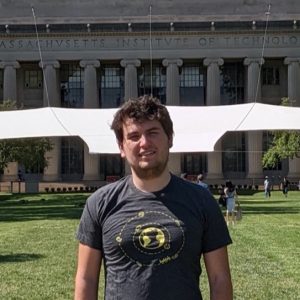
Timur Cinay [PAOC PhD Student]
Timur joined the bablab as a PhD student in the Program in Atmospheres, Oceans, and Climate (PAOC) in 2021. He earned a Bachelor’s in Chemistry and Environmental Sciences from the University of Rochester. He is interested in the ocean nitrogen cycle and the significance of oxygen deficient zones as N2O sources to the atmosphere. He enjoys tinkering with complicated instruments and executing computational analyses to understand the ocean. He is applying his skills as the de facto lead on the bablab’s new in-situ project measuring nitrous oxide in the Galápagos. In his free time, he likes hiking, taking care of his plants, and cooking.
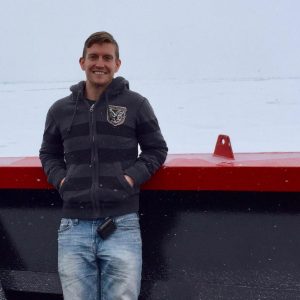
Ryan Woosley [Principal Research Scientist, Honorary member]
Ryan actually conducts his own carbon-centric operations at MIT, but he’s enabled so much through collaboration and assisting with field expeditions, that he definitely is as much a member of the lab as anyone else.
** ALUMNI **
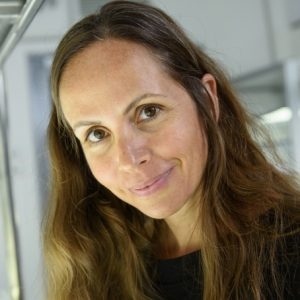
Einat Segev [Former Postdoctoral Researcher]
Einat has now begun her own lab at the Weizmann Institute, studying the cosmopolitan marine alga Emiliania huxleyi and its exquisite interactions with bacteria; her impact, as the first member of the bablab will never fade.
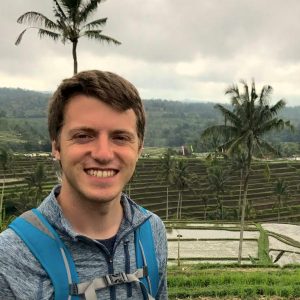
Tyler Tamasi [MIT/WHOI M.S. 2019]
Tyler graduated with a Masters in 2019 from the MIT/WHOI Joint Program in Oceanography. His research focused on the roles of nitrogen cycling microorganisms in tropical coral systems.
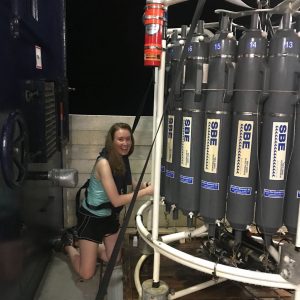
Susan Mullen [MIT*18; Former Research Associate]
Susan was a research associate in the bablab, growing culture after culture of genetically modified organism. She set up many of the microbial and chemical measurements in the lab, and for that, we are eternally grateful. She is now a graduate student at UC Berkeley.
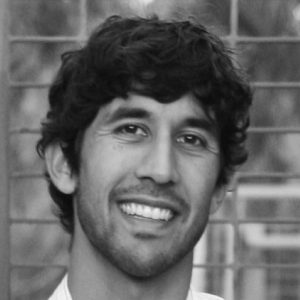
Steven Smriga [Former Research Scientist]
Steven was a research scientist in the bablab studying denitrification in particles. He helped develop our microfluidic and imaging capabilities and his presence will be felt for decades to come.
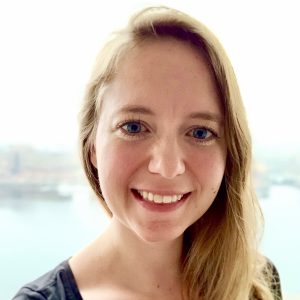
Elizabeth Shoenfelt [Former EAPS Distinguished Postdoctoral Fellow]
Elizabeth joined EAPS from Columbia University and the Lamont-Doherty Earth Observatory. Her interests pertain to mineral supply to the ocean and the availability to marine phytoplankton over Earth’s history.
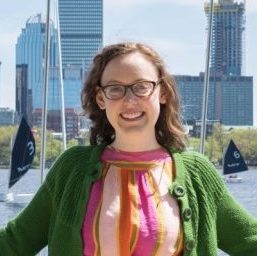
Elisabeth Boles [MIT*18; Former MIT Undergrad Researcher]
Elisa Boles was an incredible undergraduate researcher in the lab. She completed her (award winning!) senior thesis looking at nitrous oxide emissions from the ocean. She is currently a PhD student at Stanford University.
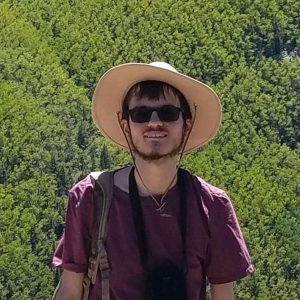
Jarek Kwiecinski [MIT*21; Former Undergrad Researcher]
Jarek is now a PhD student at Caltech, having majored in Civil and Environmental Engineering at MIT. He was baptized in the ocean (as a previous life-long resident of a land-locked state!) his freshman summer, when he joined the bablab aboard the R/V Falkor. Jarek further analyzed the wealth of nutrient data collected on the Falkor and applied his programming skills to map data across the ocean expanse. His work earned him a number of honors, including the Best Undergraduate Research Award in Civil and Environmental Engineering as well as the Henry Ford II Scholar Award in the whole of the School of Engineering.
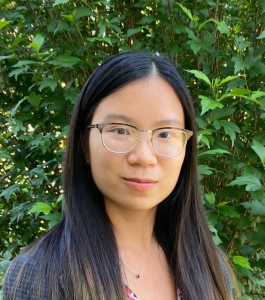
Rachel Shen [MIT*22; Former Undergrad Researcher]
Rachel Shen was a Biology major with a minor in EAPS. She joined the bablab in the summer of 2020, working remotely on computationally modeling microfluidic chips to generate gradients. She now works for Mozza Foods, engineering vegan cheese!
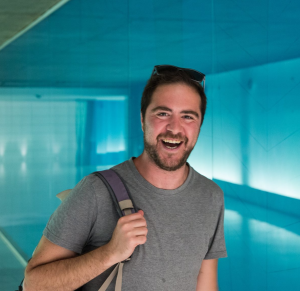
Davide Ciccarese [Former Postdoctoral Associate]
Davide Ciccarese advanced a number of projects related to marine snow and denitrification occurring under confinement during his time with us. He has now moved back to his native Europe, exploring microbiology across systems and maintaining a highly active outreach mission.
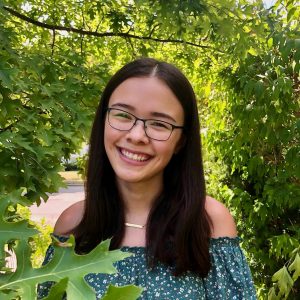
Laura Schmidt-Hong [MIT*23; Former Undergrad Researcher]
Laura majored in Biological Engineering (Course 20!) with a minor in Brain and Cognitive Sciences. In the bablab, she dived deeper (alas, not literally) into oceanography on a computational project analyzing global marine biogeochemical datasets. Laura has recently begun her grad student career at Harvard University School of Medicine, pursuing immunology of all things.
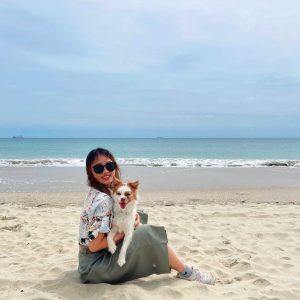
Lin (Vivian) Hou [MIT*22; Former Undergrad Researcher]
Vivian double-majored in EAPS and Biology, concentrating on oceans, climate, and ecology. Vivian’s first introduction to the bablab happened while taking Andrew’s Field Oceanography class during the chaotic Covid semester of Spring 2020. She rapidly turned what should have been a Caribbean-bound field experience into an impressive big data synthesis remotely. She is now a graduate student at Scripps Institution of Oceanography!

Irene Zhang [MIT Microbiology PhD ’23]
Irene graduated with a PhD in Microbiology in 2023. Her work concentrated on how denitrifying bacteria specialize (or not!) in the ocean and other systems, through a combination of cell culture and bioinformatics of environmental datasets. She developed so much of our bacterial labeling methods that her impact will be felt for years and years. The bablab‘s first graduate, Irene is now a postdoc at the University of Southern California.
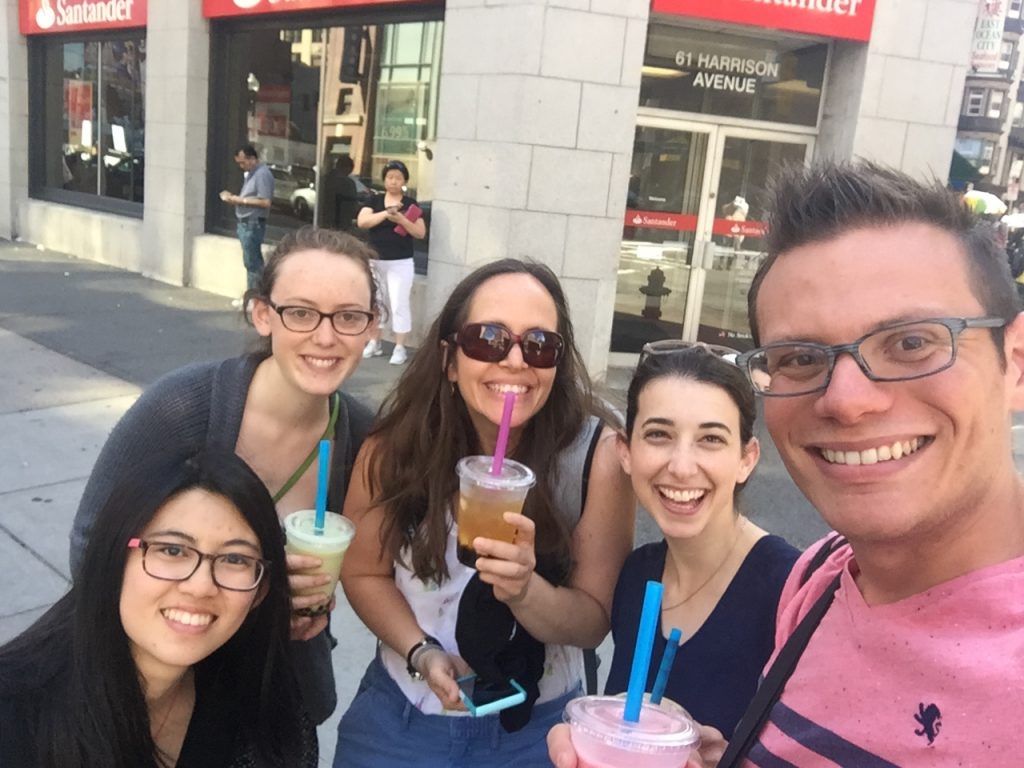
The first bablab outing (and selfie!) — Bubble tea in Chinatown!